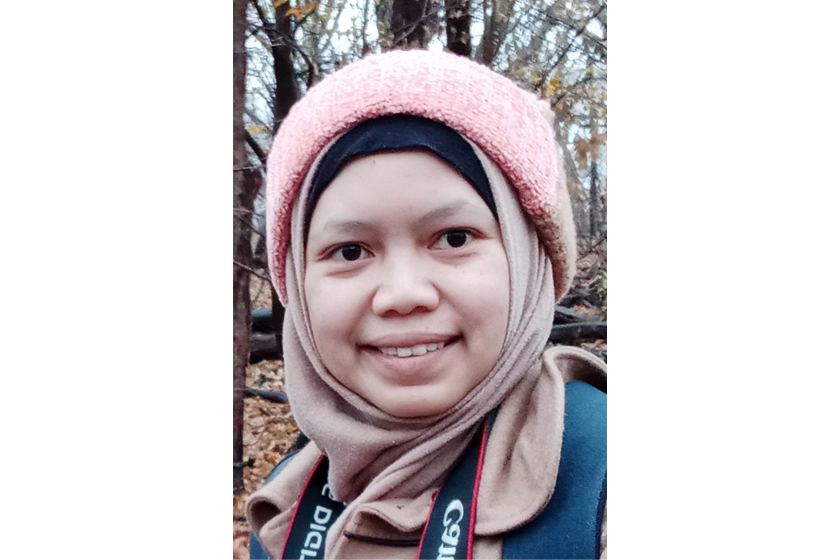11 Februari 2025
Bergabunglah dengan Sesi Info Hibah Alumni Australia kami!
Are you an Australian alumnus or Australia Awards in Indonesia scholar who want to strengthen your A... Baca selengkapnya
Australia Awards adalah beasiswa dan studi singkat bergengsi yang bersifat transformatif, diberikan kepada para pemimpin masa depan untuk menempuh studi, penelitian, dan pengembangan profesional di Australia

28 Mei 2021
 Low Energy and Solvent Free Technique on the Development of Biodegradable Plastics from Banana Pseudostem Juice
Low Energy and Solvent Free Technique on the Development of Biodegradable Plastics from Banana Pseudostem Juice
Project leader: Mrs. RH Fitri Faradilla
Level of education and university: PhD, The University of New South Wales
Collaborating Organisations: University of New South Wales
Project Location: Sulawesi Tenggara and Australia
Activity Type: Research & Development and innovation
Sector: Activity Type
Project Rationale:
Banana pseudostem is the largest part of a banana plant and usually consider as a waste. Every time banana fruit is harvested, the pseudostem is chopped down to let the new young banana plant to grow. Since banana is not a seasonal fruit and is one of the most planted fruits in Indonesia and Australia, banana pseudostem is available in large quantities throughout the year in both countries. Although the major component of the dry matter of the pseudostem is lignocellulose, the largest component of banana pseudostem is actually water (95-96%).
The utilisation of the dry matter of the banana pseudostem to produce nanocellulose, the main polymer used to produce biodegradable plastics, has been extensively studied during the applicant’s PhD program. The applicant has successfully isolated nanocellulose from banana pseudostem and produced a flexible semi-transparent plastic film. However, during the production of this nanocellulose, the major component of the banana pseudostem, which is the juice, is discarded.
The composition of the banana pseudostem juice is comparable to coconut water, where the latter is commonly used as a media to produce microbial nanocellulose. The production of nanocellulose from microbial activity requires very low energy and is solvent free. This means the process is considered more ecofriendly compared to the isolation of nanocellulose from dry material through chemical extraction or physical disintegration.
Project Beneficiaries:
Scientists and students in Food Science and Technology Department, Universitas Halu Oleo
Priority Development Area:
Economic institutions and infrastructure
Link with Australian organisation:
University of New South Wales
Bagikan proyek ini di:
 Project Profiles Terkait
Project Profiles Terkait
Situs web ini menggunakan cookie untuk meningkatkan pengalaman Anda menggunakan situs web. Kami juga dapat menggunakan cookie untuk menganalisis data situs web sehingga kami dapat meningkatkan layanan online kami. Untuk mengetahui lebih lanjut, kunjungi kebijakan privasi.
